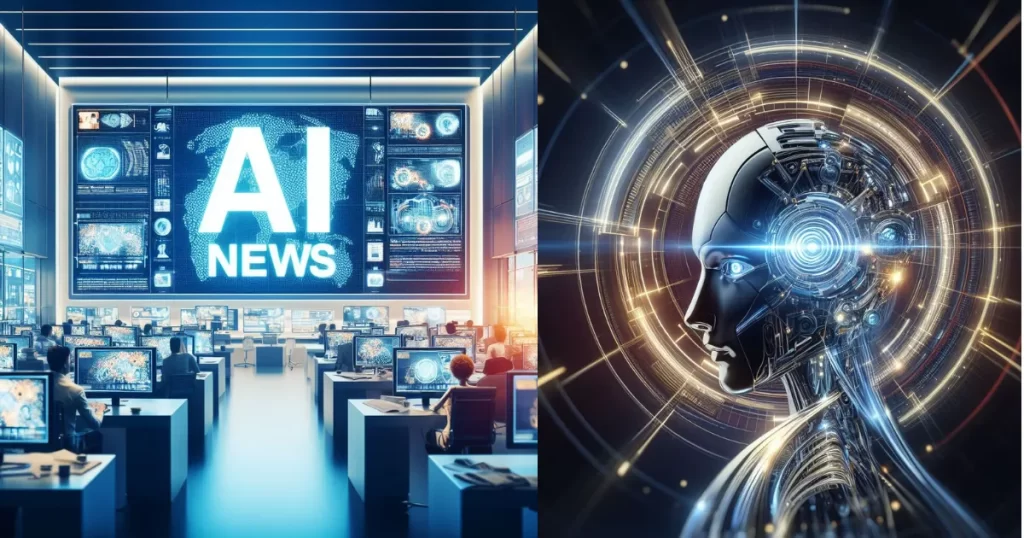The potential of artificial intelligence (AI) becoming sentient has progressed from science fiction to a real social topic. Leading philosopher Jonathan Birch of the London School of Economics warns that disagreements about AI sentience could cause significant “social ruptures.” This discussion coincides with an international summit in San Francisco, where governments and tech leaders hope to establish safeguards for managing AI’s risks.
The Question of AI Sentience
Recent academic studies, which include contributions from specialists at New York University, Oxford, and Stanford, estimate that AI systems will acquire awareness by 2035. If this happens, society may confront moral quandaries comparable to those surrounding animal sentience. Birch contends that opposing perspectives on AI consciousness—whether it can feel pain or joy—could polarize civilizations, even separating families and cultures. Some may believe that AI deserves rights similar to those of humans or animals, while others may consider this as an overreach.
Echoes of Fiction
Movies like A.I. Artificial Intelligence (2001) and Her (2013) depict humans grappling with AI’s emotional and cognitive skills. Similar ethical issues are emerging in real life. For example, some people have developed emotional attachments to AI, such as chatbots or avatars of departed loved ones, sparking disagreements with those who feel that actual consciousness is limited to live creatures.
Global Perspectives and Cultural Impacts.
Cultural differences may increase discussions about AI consciousness. AI might become another separating issue, similar to how opinions on animal welfare differ globally—for example, between vegetarian behaviors in India and heavy meat consumption in the United States. Countries like Saudi Arabia, which is quickly investing in AI, may have divergent viewpoints from secular nations.
Birch, whose study on animal awareness has led to restrictions on activities such as octopus farming, says AI engineers must face this issue straight on. He cautions that AI businesses emphasize revenue and dependability above investigating if their inventions have emotions or consciousness.
The Need for Consciousness Assessment.
To address the ethical issues of AI, some suggest using frameworks similar to those used to analyze animal awareness. Octopuses, for example, are thought to be more sentient than snails due to behavioral and neurological characteristics. Similarly, AI systems might be tested to see if they can express emotions like happiness or pain. This raises the question of whether a domestic robot or a warehouse system may experience “frustration” if not treated properly.
However, these assessments have not yet taken place. While Microsoft, Google, and OpenAI declined to comment, other experts, such as Oxford’s Patrick Butlin, suggest that AI progress should be slowed until these issues are adequately addressed.
Skepticism and Distinctions
Not all experts believe that AI awareness is imminent. Neuroscientist Anil Seth, for example, feels that AI consciousness may be impossible. He contrasts between intelligence—making sound decisions—and awareness, which includes subjective experiences such as emotions and goals. Nonetheless, some research indicate that AI systems are beginning to exhibit actions approximating emotional drive.
As governments and corporations debate these problems, the possibility of AI consciousness raises serious concerns about the future of technology, ethics, and human civilization.
This account is based on an article by Robert Booth in The Guardian. You can check out the full article here.

I’m Voss Xolani, and I’m deeply passionate about exploring AI software and tools. From cutting-edge machine learning platforms to powerful automation systems, I’m always on the lookout for the latest innovations that push the boundaries of what AI can do. I love experimenting with new AI tools, discovering how they can improve efficiency and open up new possibilities. With a keen eye for software that’s shaping the future, I’m excited to share with you the tools that are transforming industries and everyday life.

